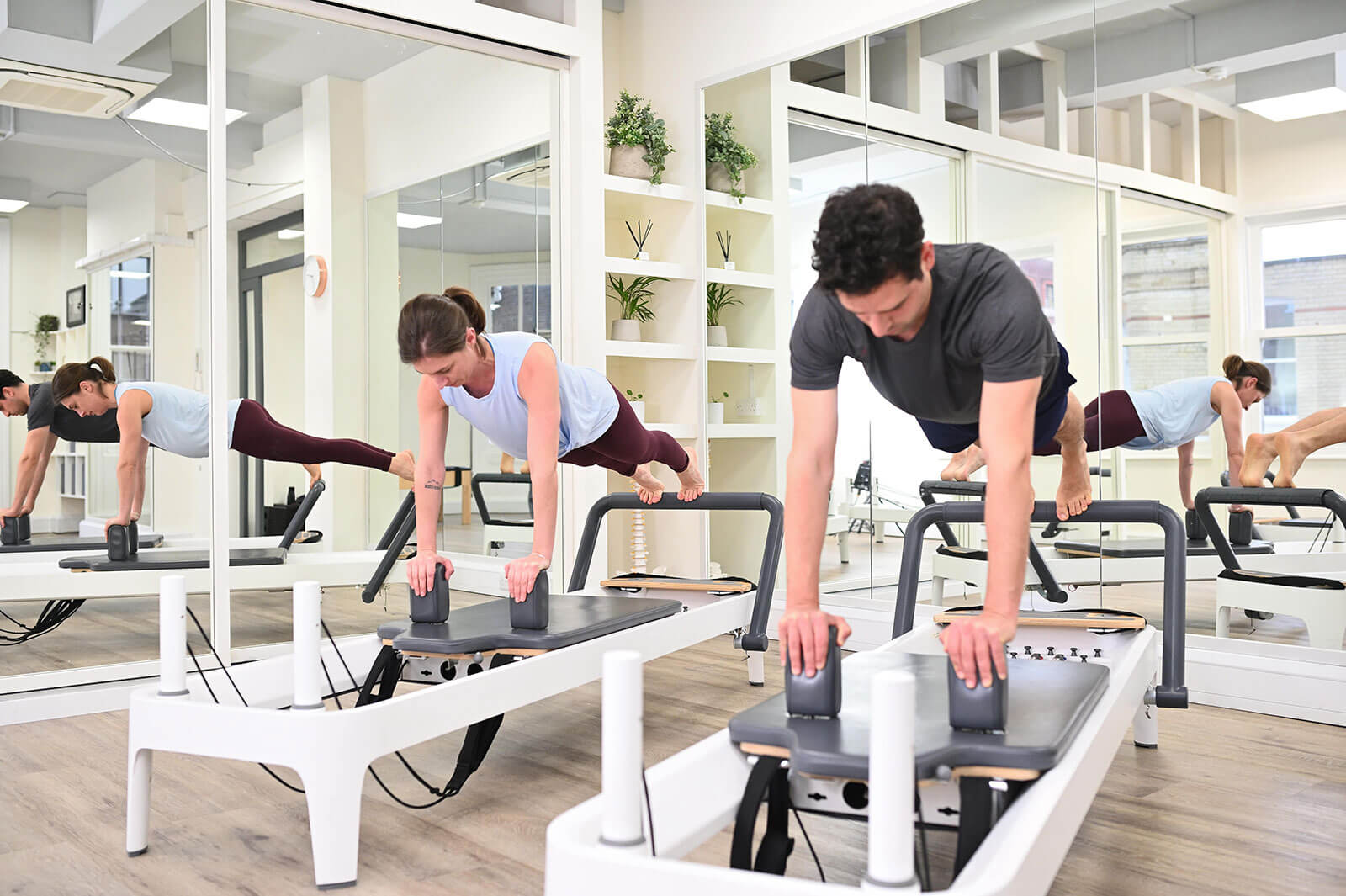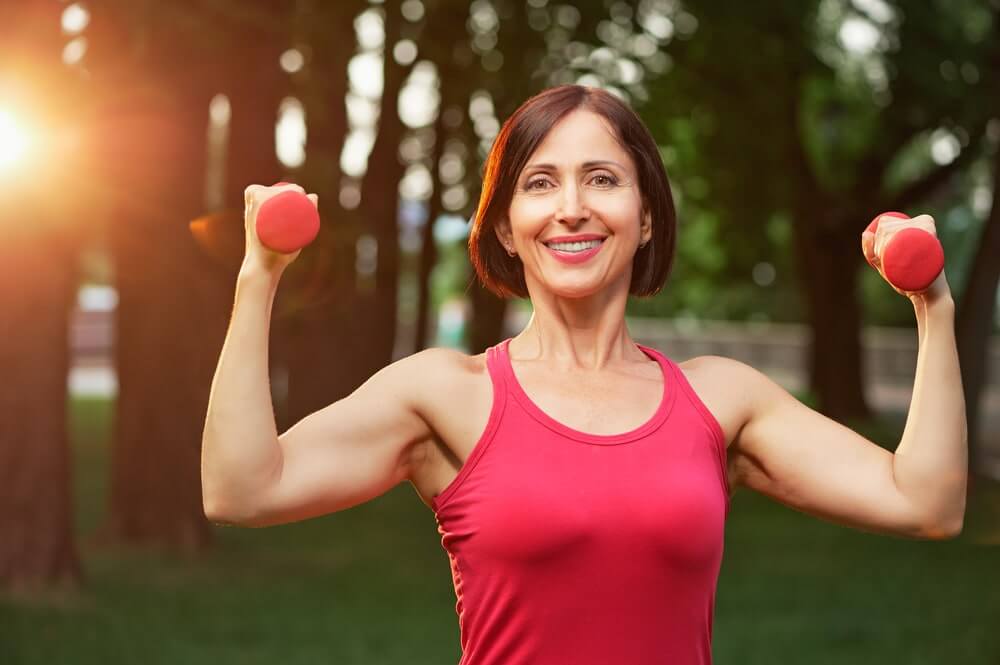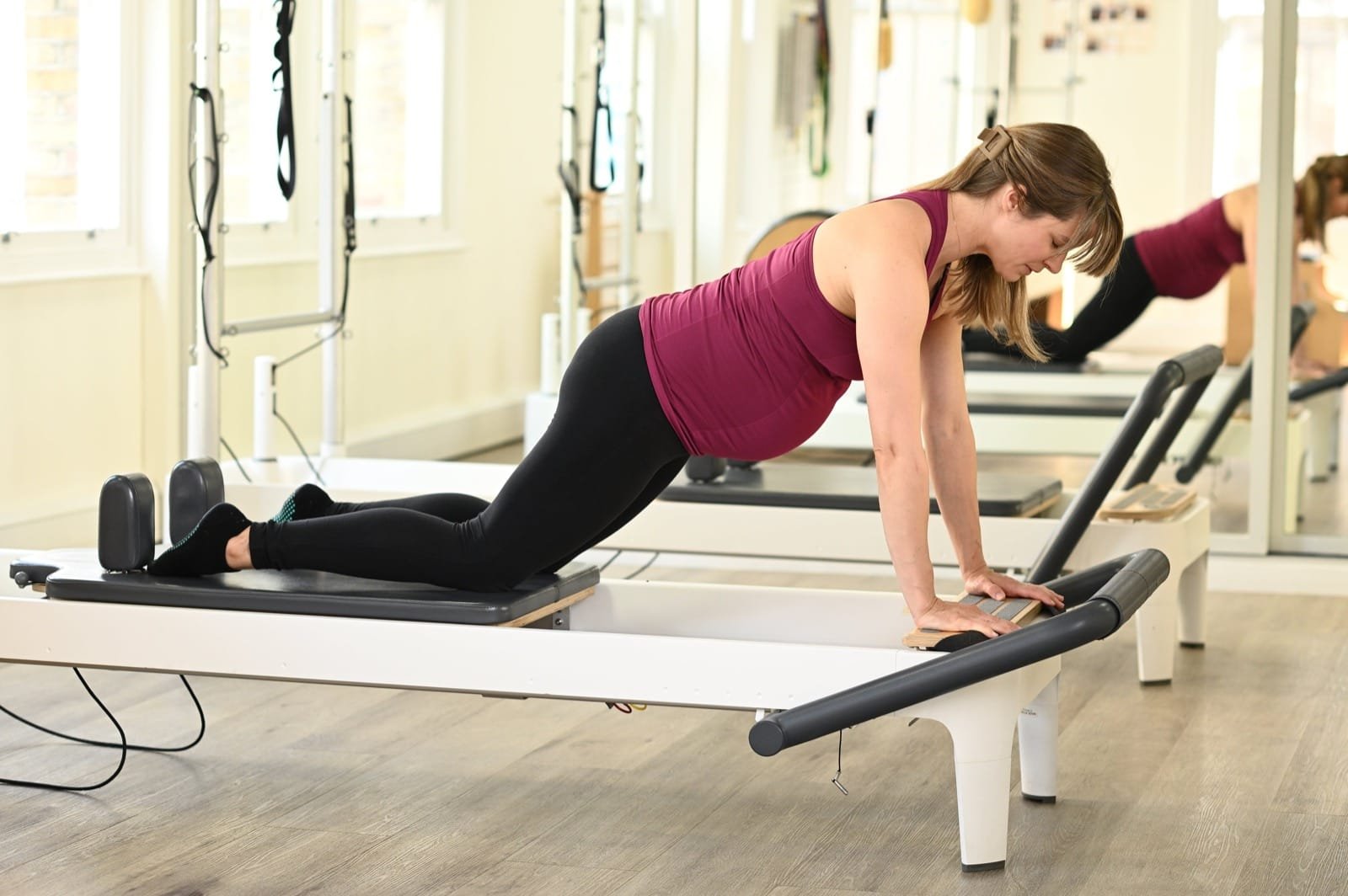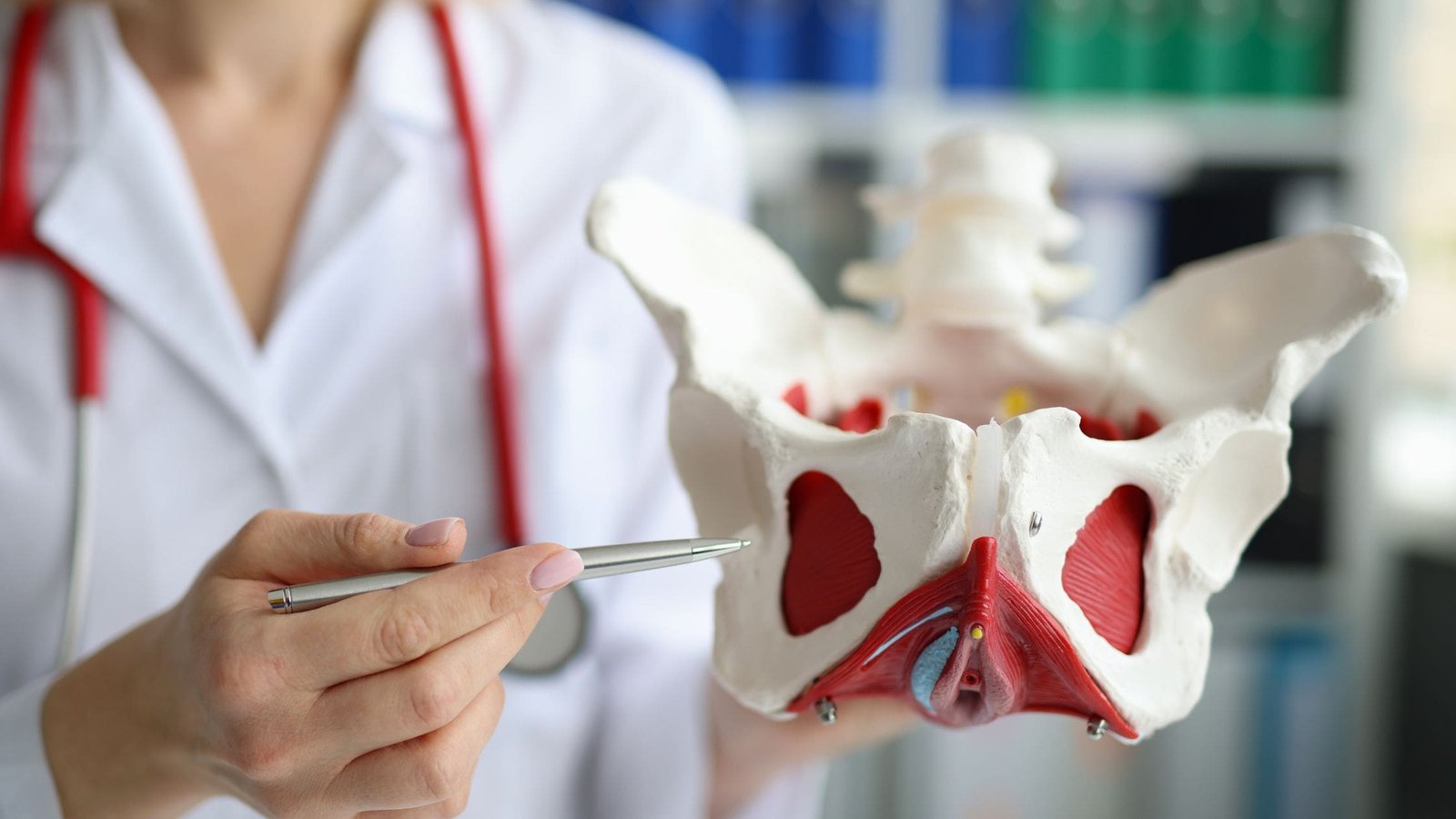Co-Contributors: Rocio Herrero Garcia, Clinical Pilates Instructor
Pilates is renowned for its excellent physical and mental wellbeing benefits. Not only is Pilates great for improving your core strength, posture, flexibility and coordination, Pilates can also aid relaxation, help manage stress and reduce anxiety.
Whether you’re a complete beginner or advanced in the world of Pilates, finding which type of Pilates is right for you will be the key to unlocking success. If you have a set of objectives and goals you want to achieve, or if you simply want to take up Pilates as a hobby, this can really determine the type of Pilates is suitable for you. Each type of Pilates will offer a variety of different health benefits.
Regardless of the type of Pilates class you find yourself in, there are six core principles of Pilates which remain the same. These include:
- Breath
- Concentration
- Centre
- Control
- Precision
- Flow
In this article, we will unpick the different types of Pilates there are to discover and discuss the differences. We’ll be focusing on classical Pilates, mat Pilates, contemporary Pilates, reformer Pilates, and clinical Pilates.
How many types of Pilates are there?
With its ever-increasing popularity, there are many different types of Pilates on offer. They can be subgrouped according to the method, according to the equipment used, or even according to which group of people the class is suitable for.
Here we focus on five different approaches to Pilates. Read on to work out which type is right for you!
5 types of Pilates
1. Classical Pilates
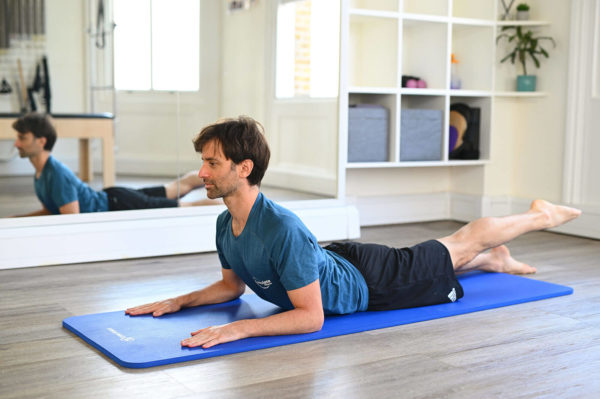
Pilates from the 1920s. Joseph Pilates intended Pilates sessions to be a strong full body and mind workout executed in a particular order and included transitions between exercises.
Classical Pilates typically combines mat and apparatus work following a sequence which is designed to move the body through a full range of movement.
2. Mat Pilates
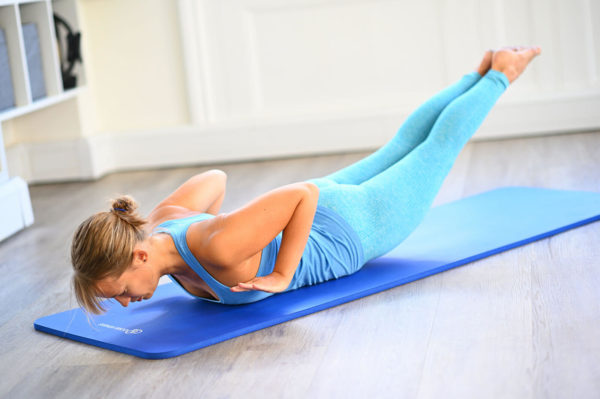
Mat Pilates is the most accessible form of Pilates as you can do it pretty much anywhere and need very little equipment. This normally makes it much cheaper and also easier to do in a class.
During beginners mat Pilates, you’ll focus on learning and perfecting the fundamental Pilates movement techniques, suitable for beginners to Pilates.
That being said, mat Pilates is also great for more advanced students as exercises can be modified to increase complexity and intensity and use your body weight for resistance! As there is no assistance from machines, you really do need to know what your body is doing in space!
The benefits of mat Pilates are endless, from strengthening your abdominals, lower back muscles and pelvic floor, to your hips, glutes, shoulders and upper body. Just like most Pilates, mat Pilates also has a host of mental health benefits such as mindfulness, relaxation and reduced stress as a result of the breathwork.
3. Contemporary Pilates
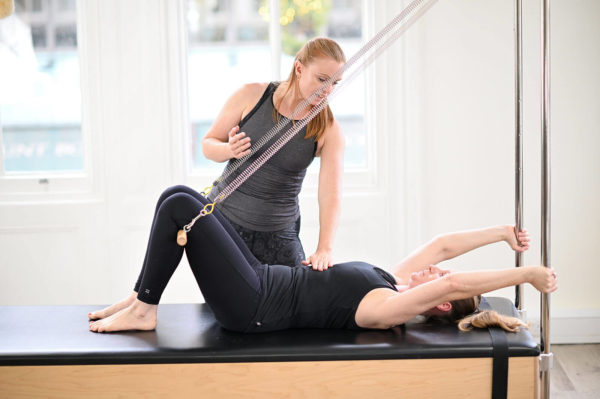
Contemporary Pilates is a variation of Classical Pilates combined with contemporary forms of exercise such as physiotherapy whilst also incorporating modern knowledge of the body and biomechanics.
In Contemporary Pilates, more often than not, classes will vary depending on the instructor’s teacher training but can also be guided by the objectives, goals and health of the student.
Exercises are commonly taught in a “neutral pelvis”, for example, when on your back, the lower spine will have some space between the back and the floor whilst the tail bone and ribs will be heavier. This follows the natural curves of your spine. This allows for a more functional approach which can be more easily tailored to you, inclusion of equipment and props as well as modifications to exercises.
This makes it great for rehabilitation, pre-natal clients and for post-natal Pilates clients.
4. Reformer Pilates
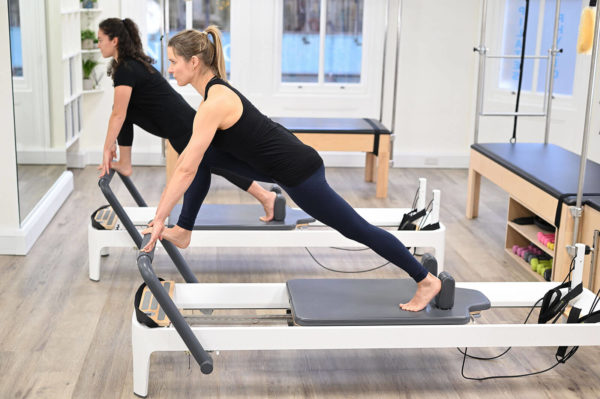
Reformer Pilates, as suggested, uses the Pilates reformer machine. It is arguably more intense and dynamic than a mat Pilates class as the machine is designed to add resistance to each of the Pilates exercises. However, the springs can also act as assistance so if you are struggling to move, are partially weight bearing or going through rehab, the reformer can really help you.
The Pilates reformer machine comprises of a platform, sliding carriage, ropes and pulleys which help the body to work eccentrically against resistance, in turn, increasing flexibility, strength, stamina and posture.
Reformer Pilates is also suitable for injury rehabilitation as clients do not have to be vertically loaded with full weight bearing through their legs, particularly important if you have undergone knee surgery or are suffering from a knee injury.
Regardless of your ability, reformer Pilates can be tailored to beginners or those more advanced, helping you to achieve your health and wellbeing goals.
5. Clinical Pilates
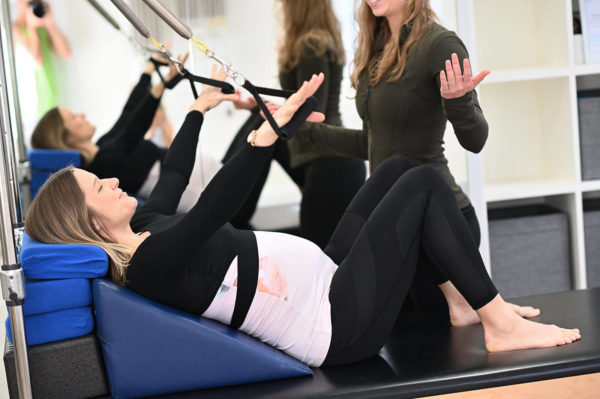
Clinical Pilates is our area of expertise at Complete Pilates and offers a tailored experience for each individual.
A clinical Pilates class at Complete is 1:1 and will be taught by, or overseen by, a qualified physiotherapist. An initial one-to-one assessment will be conducted to get a thorough understanding of your medical history and any pre-existing medical conditions you may have. This is designed to help your physiotherapist or clinical Pilates instructor tailor your clinical Pilates session to your rehabilitation and goals.
Whether you have a current injury, have had recent surgery, suffer from recurrent or chronic pain, have had a baby or are pregnant, clinical Pilates is suitable for everyone.
By incorporating safe, effective and specific Pilates exercises, clinical Pilates will help to build core strength, correct muscle imbalances, aid rehabilitations and prevent future injuries.
The different types of Pilates classes
With a variety of Pilates types to choose from, it can be difficult to know which is right for you. Whilst the core principles of Pilates remain the same, particular types of Pilates will enable you to achieve your goals more effectively than others.
What do our experts say?
“I discovered Classical Pilates by chance. My original training was in Stott Pilates but my Classical Pilates teachers have given me a deeper understanding of the exercises in the Classical method and I can apply this to give greater variety to the exercises that we use in Clinical Pilates” Rocio Herrero Garcia
At Complete Pilates, we’ll be happy to help you find the right class for you based on your needs and goals. We have a range of classes to choose from including:
- Pilates for beginners – if you have never done any Pilates before or have not exercised for a long time, then beginner-level Pilates is suitable for you! Beginner Pilates should move at a slower pace, with less complex repertoire and paying attention to teaching good form and understanding of the exercises.
- Pregnancy Pilates – Pregnancy Pilates is designed to meet the unique needs of the pregnant woman. Taken by instructors with specialist knowledge, these classes are safe for you and your growing baby, and target specific areas that can become problematic during pregnancy, such as a stiff upper back.
- Postnatal Pilates – Whether you have had a natural birth or c-section, your body is not the same after your baby is born. It can take a long time to feel like yourself again. Exercise is really important for your recovery but it can be hard to find the time or know what is right for you. Our classes are run by physiotherapists and clinical Pilates instructors who understand what exercises are safe and effective to get you back on track following the birth of your baby.
- Physio Pilates – Physio Pilates is Pilates delivered by physiotherapists, who are medically trained. If you are recovering from an illness or injury, or have recently been diagnosed with a chronic health problem then this type of Pilates is suitable for you. Doing Pilates under the guidance of a trained physiotherapist will give you extra peace of mind, knowing you are in the hands of someone who can modify your exercise programme to suit the needs of your condition.
- Online Pilates –Online Pilates is suitable for those who are on the move, are very busy or who need to travel a long way in order to access Pilates. These classes normally take place on the mat, however, if you own any Pilates equipment, such as a Reformer, these classes can incorporate some equipment work.
- Group Pilates – Group Pilates is a good option for those who enjoy the social element of exercise or feel more motivated with others there working alongside them. Group Pilates can take place online or in the studio. Here at the Complete Pilates studios, we offer Duet classes where you can bring a friend and work out together. We also offer 3:1 classes which you can attend without bringing a friend.
Come and visit one of our Pilates clinics.
Come and try Pilates in the City of London, or any of our studios (see our Chelsea Pilates studio or North London Pilates studio) for more information, please get in touch online or contact us on 0203 764 5668.
These blogs are designed to give information to everyone, however, it is important to remember that everyone is different! If you have not seen one of our therapists and have any questions about injuries, what you have read or whether this may be useful to you, please just ask. We are more than happy to help anyone and point you in the right direction. Our biggest belief is that education is key. The more you understand about your injury, illness and movement, the more you are likely to improve.


